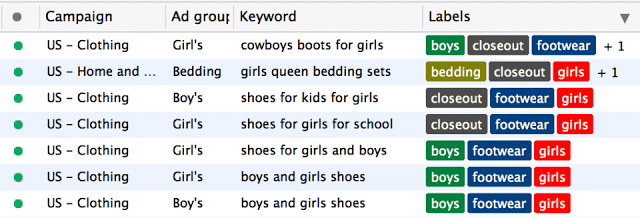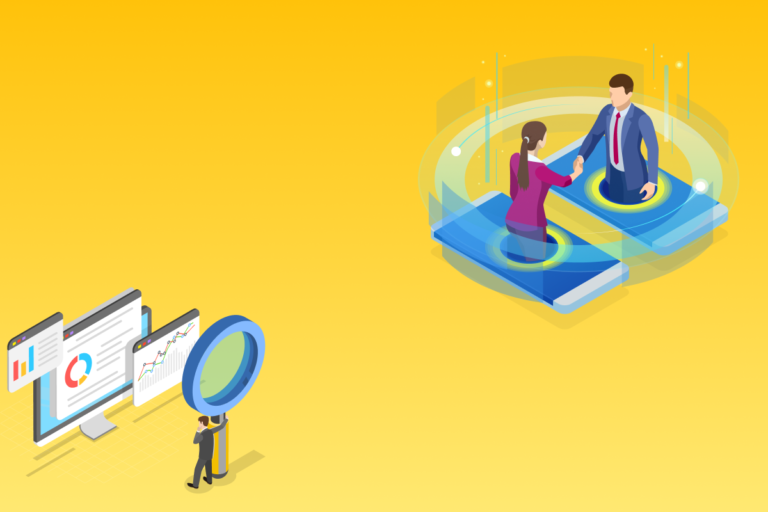Added Support for AdWords Editor
Due to insistent public demand, Google has updated its AdWords Editor to include full support for labels, upgraded URLs, call-only ads, in-app mobile ads, and custom affinity audiences.
In an Inside AdWords blog post, the company made the changes to Labels because of user feedback. The update will now add descriptions to things like campaigns and keywords for easier sorting. Users can now create and edit labels through the Labels tab in the Shared Library in AdWords Editor.
Also among the updates is a feature that now allows businesses to sort audiences based on parental status, along with age and gender. This allows for better targeting of key demographics, which can improve your PPC campaigns.
There is support for upgraded URLs to help users migrate to the new system by July 1. Webmasters can now upgrade destination URLs using AdWords Editor. Once upgraded, they can then manage final URLs and track templates at scale.
Other features include support for call-only ads, which allows for creating and managing these ads in Editor. This translates to efficiency for mobile users connecting with businesses over the phone. Google is also allowing users to target ads in mobile apps based on different categories, including games or shopping apps.
More about these updates on the Google AdWords blog.
Google to Add ‘Buy’ Button to SERPs
Google will be rolling out a “buy” button in the next few weeks to allow users to purchase certain times directly from the search results pages.
The button will initially be available only in mobile search and will appear beside paid search ads, according to a Wall Street Journal report.
This marks another step for Google in its aim to become a one-stop solution for everything, from finding web pages to making purchases and ordering takeout.
Citing anonymous sources who are familiar with Google’s plans, the buy button will take users to a special Google page instead of a shop’s website. Users will submit their payment information directly to Google and the order will be passed on the retailer.
This foray into the online retail space is seen to pose a threat to members of the big league, including Amazon and eBay. In 2014, Amazon took on Google AdWords with its new Sponsored Links.
Retailers will still get to invite customers through their respective marketing campaigns and can still collect relevant customer information. Google will save all information about the customer’s payment before passing it on to the retailer.
Rather than taking a piece of the sales price, which is the practice for Amazon and eBay, Google will be paid by retailers through the search company’s existing ad models.
The search giant has yet to officially comment on the WSJ article, so a launch date has yet to be confirmed.
Check back again regularly for the latest news and updates.


